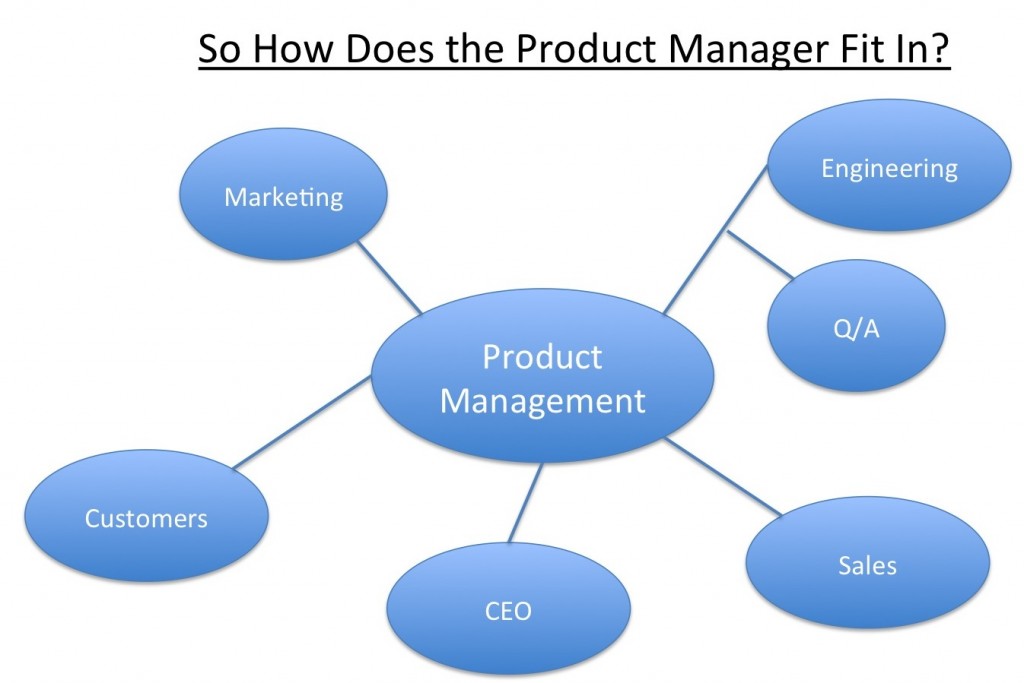OPOWER / Product Management (LTV, Monday, Week 6)
launching-technology-venturesyear-twoCore biz = energy efficiency
Key elements of strategy: behavioral science, marketing, Big Data (from utilities)
Assessing impact: more cost-effective than everything but CFL lighting (which everyone hates)
Interesting challenges/misalignments:
Engineering => finite resource, views PM as demanding/unfamiliar with technical challenges/ignorant of codebase
Sales => short-term perspective, driven to over-promise by commission structure, typically in favor of customization, wants everything faster
Marketing => long-term perspective, not as measurable as sales
Customers => utilities? consumers? Say one think, do another; don't always know what they really want.
CEO => natural tendency to micro-manage (especially because he/she was probably product lead at the beginning...)
Token system:
Allocate X% of development resources to sales requests to expedite/add new features.
Balance need for comprehensive product vision/independent roadmap with need to acquire customers NOW.
Takeaways (from Eric Paley):
-- Even after good product-market fit, scaling is a really hard problem.
-- The PM's goal = efficiently satisfying the true customer need, NOT the espoused customer need
-- PM has limited power; must find ways to build legitimacy and influence outcomes, SO:
==> Develop rules that build trust but enforce tradeoffs
==> Develop rules that reflect the values and strategy of the organization (token allocation: should reflect company's strategy)
Ben Foster's comments:
-- A real product roadmap (independent of contractual commitments) = critical to building advantage/staying ahead of competitors
-- PM's role: "to make the product successful on the market --- period."
Natural tension between developing good processes and necessary scrappiness/improvisation
-- Internal marketplace/token system: formalizes tradeoff between sales-driven development and product-driven development
If you don't have a long-term product vision, your competitors will leapfrog you...
-- Platform strategy: if you don't want to do a ton of customization, figure out how your customers can build on top of your product.
Can't say "We don't support this" --- Can say "We solve this in a generic way by making it possible for you to customize/build on top of our product" ==> future-proofing!
-- OPOWER's customer is the consumer, not the utility.
OPOWER: "Allow us to focus on the consumer on your behalf." ==> lets firm be a thought-leader rather than totally reactive to individual utility requirements
-- Technical debt is a hard problem.
